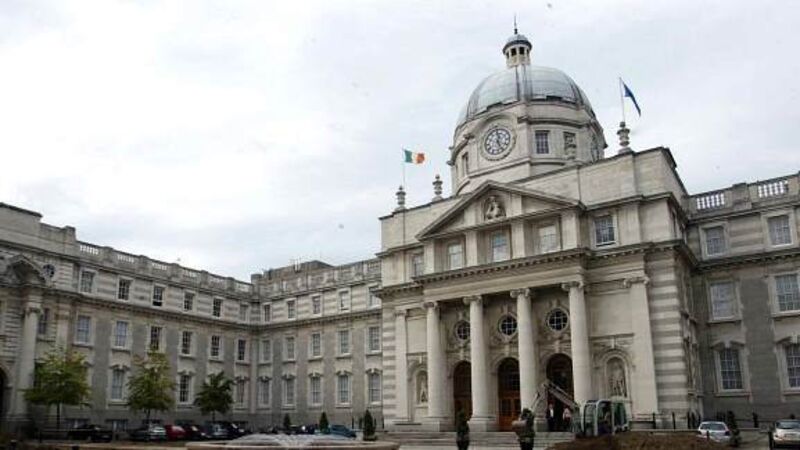Only a Dáil banking inquiry can give us the truth and nothing but the truth

The banking collapse, the bank guarantee, and the bailout are all inextricably linked. All the key decisions, right and wrong, took place behind closed doors, sometimes, literally, in the dead of night. We have never been properly told how we got into that mess — and there isn’t the slightest indication that anyone has learned any lessons from it.
But Peter Nyberg, it seems, doesn’t believe in the necessity of an inquiry. His report, he seems to feel, answers all the questions. Have you read it? It’s not hard — there’s lots of technical stuff in the middle, but it’s pretty clear. By the time you get to the end of it, you have a pretty clear idea what FR did and why, how DoF managed things, the role played by CB in terms of oversight and the different role played by CFD, ELA, FSAP and other instruments as the crisis developed.















